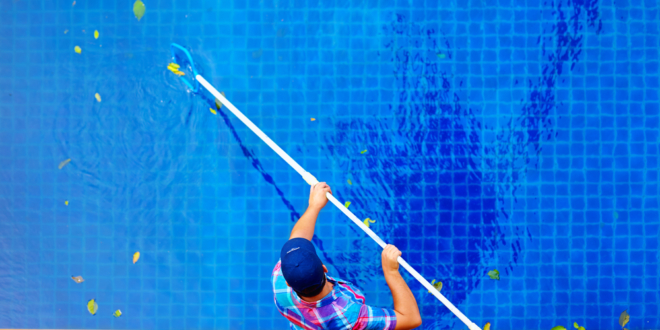Homeowner Liability and Swimming Pools
Many people dream of one day having their very own pool in the backyard, but it can also be a nightmare if someone gets hurt. Accident liability isn’t often associated with swimming pools, but knowing how to protect yourself may keep you out of court and everybody safe.
As the homeowner, you’re responsible for taking reasonable steps to prevent injuries or deaths in or around your swimming pool. This includes safeguarding the safety of trespassers or anyone else who uses your pool with or without your permission. If someone is hurt in or around your pool, you may be subject to a lawsuit or even criminal charges in the more extreme cases. To reduce the chances of someone getting hurt followed by an expensive lawsuit, consider taking the following steps to reduce your liability.
Establish and Maintain Safe and Secure Access
Homeowner liability involves negligence, or failing to take the same reasonable steps or precautions that most others would take in order to prevent someone from getting hurt. In the case of a homeowner with a swimming pool, that might mean maintaining a safe area around the pool and taking security measures to keep people from entering that area or the pool itself.
In many areas of the country, homeowners can be held liable if uninvited children are injured or fatally hurt after trespassing to use your pool. In a scenario like this, the pool is considered an “attractive nuisance” and so you have the burden to make reasonably sure children can’t access the pool even if you aren’t home. If you take appropriate steps to prevent their ability to trespass then your attorney can make a good case that you mitigated the “attractive nuisance.”
The following are good safety measures that you may want to follow and which may also be required by local and/or state laws:
- Use a pool cover when the pool is unoccupied to help keep trespassers and uninvited people out of the water. A locked pool cover is even better.
- Surround the pool with fencing that cannot be easily breached. Chain link fencing or a tall picket fence are good choices though you may be limited according to homeowner’s associate requirements or municipal codes.
- Close and lock fence gates when the pool is not in use.
- If using the pool at night, make sure to install adequate lighting.
Reduce Slip and Fall Risks
Wet surfaces increase the risk of slip and fall accidents. When pool users splash and drip water onto the area surrounding a swimming pool, it can be potentially dangerous walking (or running) conditions. Here are some things you can do to reduce the risk of slip and fall accidents:
- Use non-slip surfaces in areas vulnerable to getting wet
- Warn guests of unsafe conditions when they exist
- Enforce the no-running rule in the pool area, even when the surfaces are dry
- Sweep and dry standing puddles of water
For more information about your legal responsibilities for having a pool, contact a local personal injury lawyer today.
